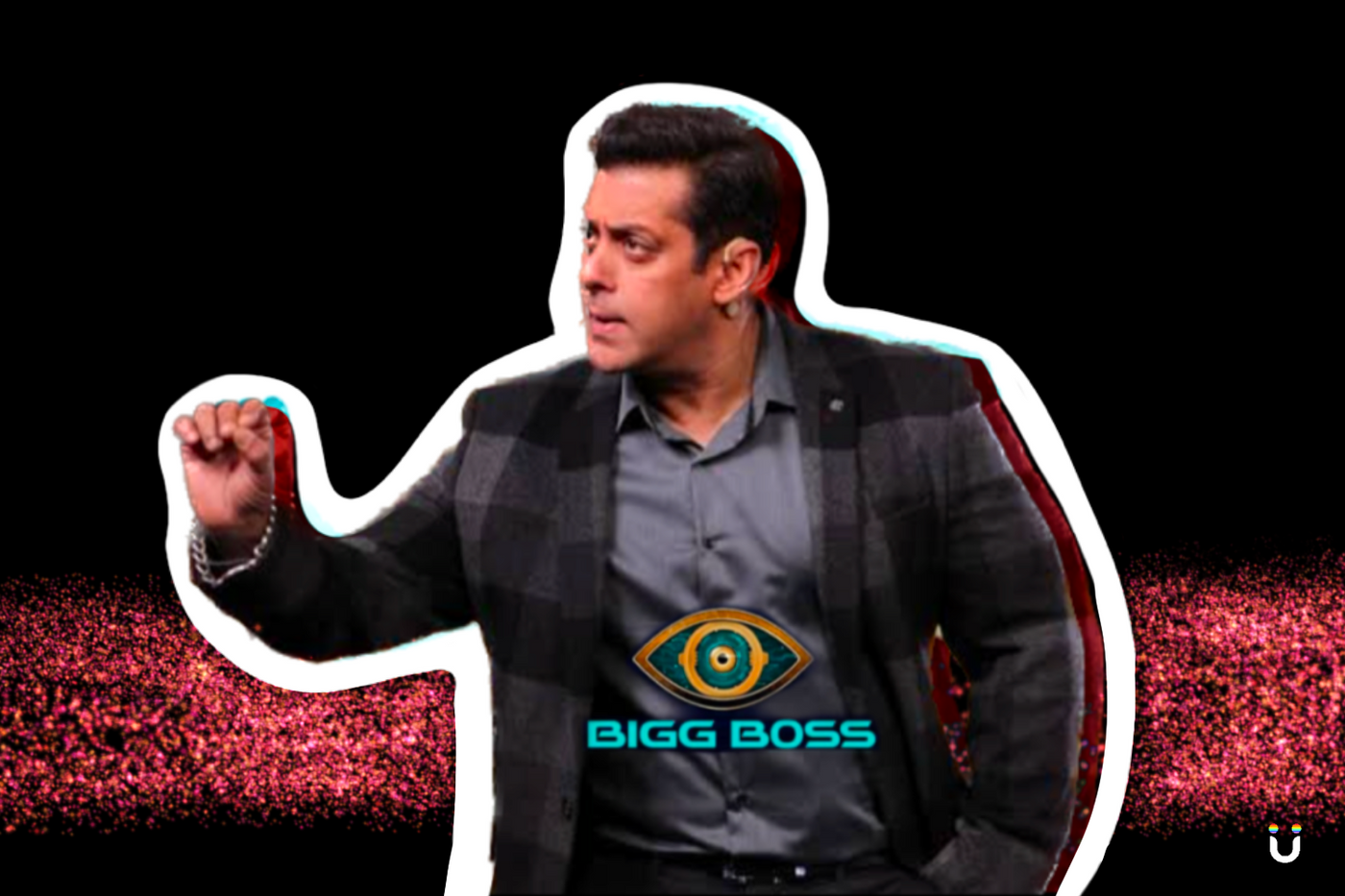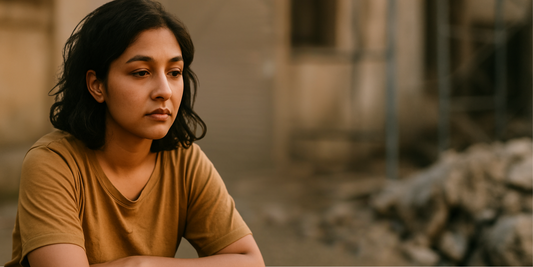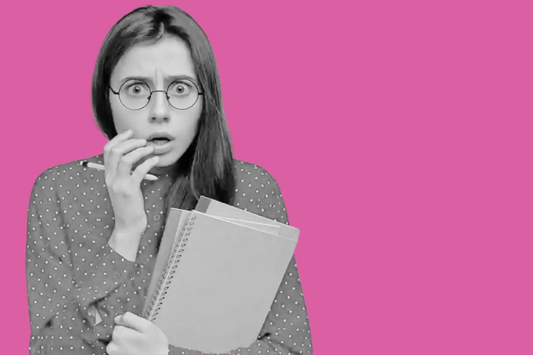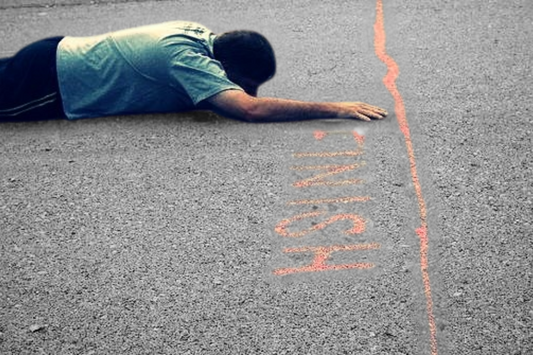Bigg Boss, Mental Health, and the Ethics of Entertainment
Okay, before you judge me, hear me out. I’m not here to cancel Bigg Boss, but this current season has made me want to shut my laptop, fling it out of the window, and gouge my eyes out.
Let me take you on a journey through the chaos and drama that is Bigg Boss—a reality show that began as a guilty pleasure during the COVID lockdown but has morphed into a mental wrestling match I didn’t sign up for.
Three years and five seasons deep (including the OTT versions), I’m ready to retire from my Bigg Boss life. But as a therapist, I can’t stay silent—especially when the show starts casually throwing around the word “therapy.”
Spoiler alert: it’s not therapy; it’s just glorified gossip.
This season, the spotlight (rather harshly) focuses on a 19-year-old contestant—and not for the right reasons. The host seems to relish dissecting her love life, going so far as to defend her emotionally abusive ex (who also happens to be in the house). Her current partner is also inside, turning her into the designated 'vamp' of the show.
The pattern is disturbingly familiar. A married woman on the show is deemed 'too expressive' next to her more subdued husband. Trolls—and sometimes the host—criticise her, raising the same tired questions about how women “should” behave.
Reality TV or Real Psychological Pressure?
This show increasingly reminds me of the Stanford Prison Experiment. The withholding of “luxury” items creates an artificial scarcity, turning everyday commodities into symbols of power. In this high-stakes ecosystem, contestants grip their limited control like lifelines. It’s no longer just a show—it becomes survival theatre.
Even more troubling is the reward system for aggression. The louder and more confrontational the contestant, the more screen time they get. This isn’t just conflict—it’s a blueprint for dysfunction, encouraged in the name of TRPs.
Behind the scenes, the psychological toll on contestants is impossible to ignore. What started as a game becomes a battleground for emotional endurance, one where breakdowns are bait for higher ratings.
Who’s Responsible for the Damage?
As a therapist, I can’t help but question the ethics. There are no visible safety nets anymore. The show thrives on pushing people to emotional extremes. And while contestants may sign contracts, informed consent becomes murky when manipulation is masked as entertainment.
Who is accountable for the harm inflicted on these individuals in the name of public amusement?
Each contestant enters the house with emotional baggage. The forced proximity, rationed comforts, and surveillance pressure cook those unresolved issues. We watch defense mechanisms erupt into full-blown fights. It’s less entertainment, more psychological landmine.
I see it as a social experiment gone rogue. A lockdown of highly opinionated people, with no escape and limited sugar. A miniature Game of Thrones unfolds—where yes, everyone pays their debts.
The truth is: the show doesn’t glorify toxicity. We do. The platform is just the mirror.
So, What Do We Do With This Reflection?
Bigg Boss does one thing well—it sparks conversation. And sometimes, these conversations push us to question our own biases, our own voyeurism. But it comes at a cost. The contestants might leave with fame, but many also leave with trauma.
And that brings us to the real question: Is it worth it?
I’ll let you be the judge.




